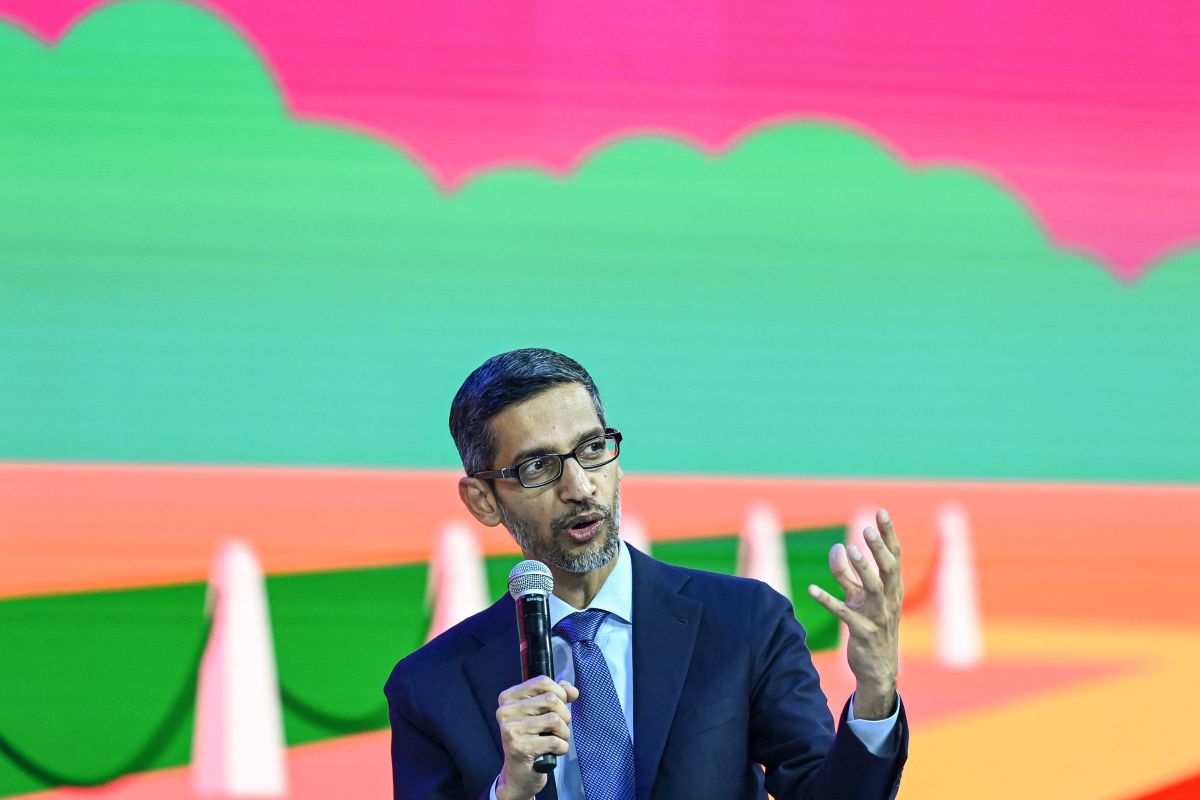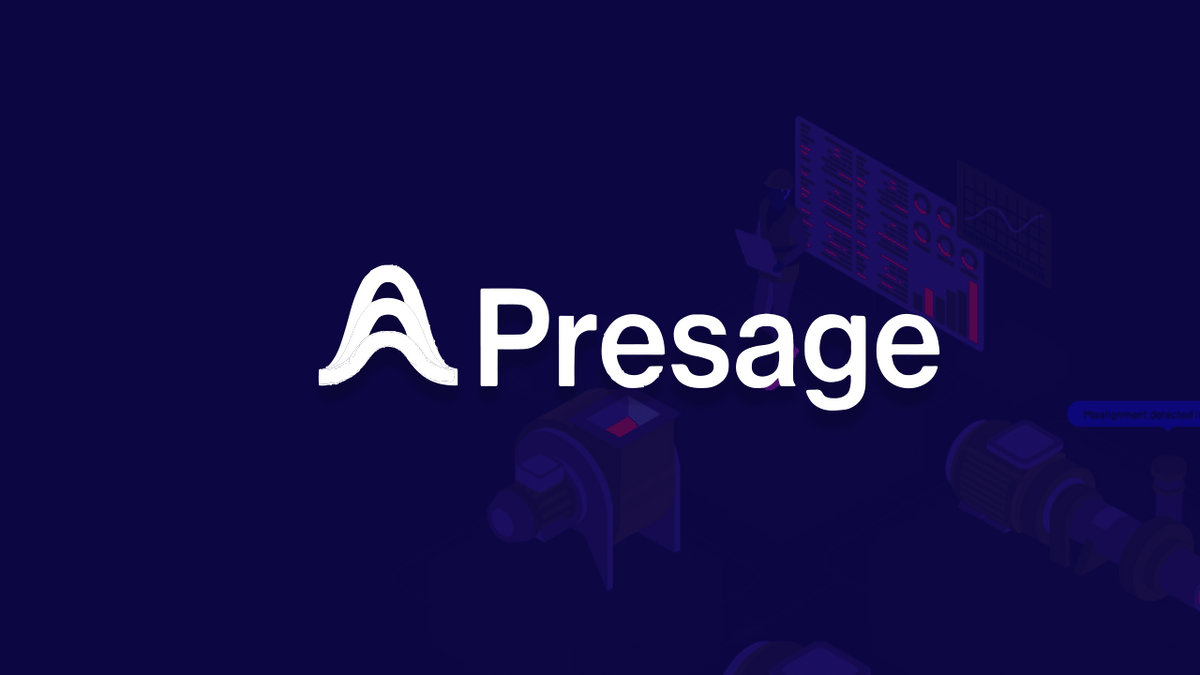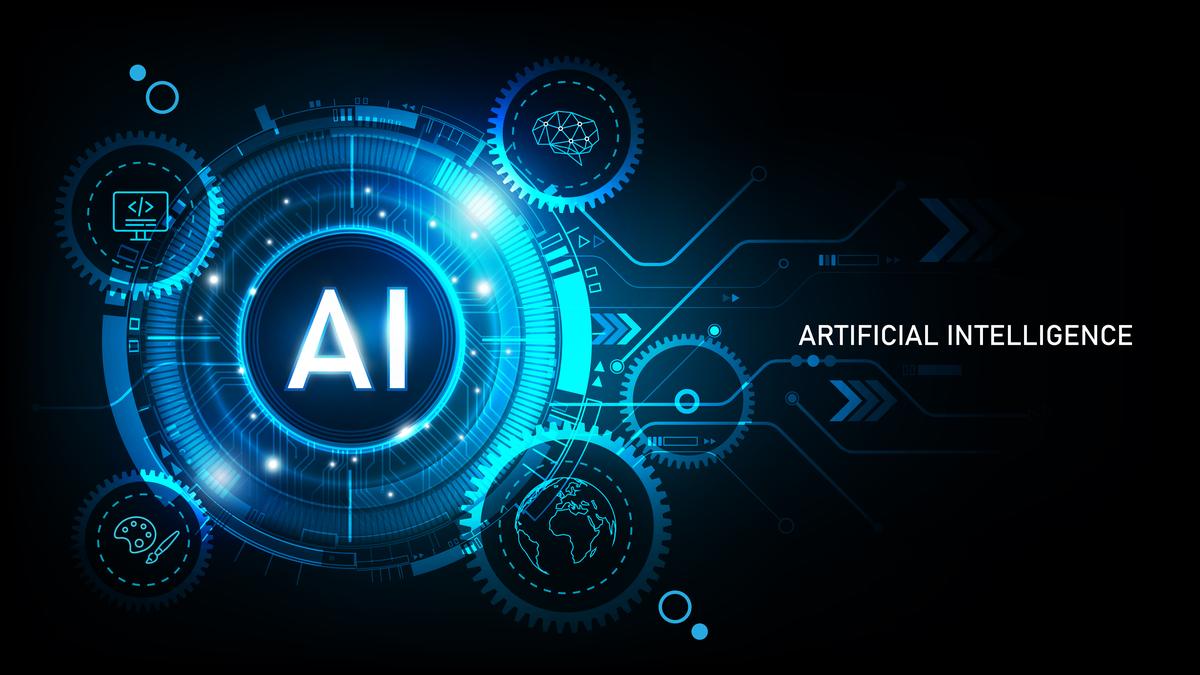Google’s AI Evolution in Search: A Sneak Peek into the Future
According to Sundar Pichai, CEO of Google, the company is currently on a significant “journey” revolving around artificial intelligence (AI). This journey commenced with the introduction of AI overviews, marking a groundbreaking and debated shift in how Google presents information to millions of Search users worldwide.
However, this is merely the beginning of what’s to come.
Anticipating a Revolutionary Year for Search
During his opening statements on the company’s earnings call, Pichai highlighted that as AI expands the range of inquiries users can make, the year 2025 is poised to be one of the most transformative years for search technology.
Throughout the call, Pichai discussed the upcoming phase of Google’s strategy to integrate AI functionalities from its research lab, DeepMind, into Search. The Search application is gradually evolving into an AI assistant that scours the internet, examines web pages, and delivers responses.
This evolution signifies a departure from the traditional model that merely offers a list of blue links.
A Response to Industry Changes
Google has been steering this course for some time, particularly after the unexpected launch of OpenAI’s ChatGPT in 2022, which posed a new challenge to the search giant. This transformation holds significant consequences for websites that depend on Google traffic and for businesses that invest in ads on Google Search.
While not everyone may welcome these changes, Google is resolutely moving forward.
Innovative Projects on the Horizon
When inquiries arose regarding the future of AI and Search, Pichai referenced Project Astra, a multimodal AI system from DeepMind. This innovative system is capable of processing live video from cameras and computer screens, providing insights based on real-time observations.
Google’s ambitions for Project Astra extend beyond just Search; they envision this multimodal AI technology powering augmented reality smart glasses, for which the firm will develop an operating system.
Additionally, Pichai highlighted Gemini Deep Research, an AI feature that generates extensive research reports in a matter of minutes, indicating a potential shift in how users engage with Google Search. This suggests Google aims to automate research tasks that users have traditionally performed independently.
Expanding the Search Experience
According to Pichai, the intention is to significantly broaden the range of applications for which Search can be utilised. He noted that some inquiries might require more time to answer than others, indicating new avenues for exploration and innovation. “Users will witness various new experiences being introduced throughout 2025,” Pichai assured.
Furthermore, Pichai expressed that Google has a well-defined vision for enhancing Search experiences using another AI system known as Project Mariner. This technology can interface with websites on behalf of users, potentially removing the need for direct engagement with websites.
There is also an emerging opportunity for increased user interaction, allowing for follow-up questions within Google Search. Though details remain sparse, it seems Google is contemplating a shift towards making its Search framework more akin to a chatbot.
Pichai noted that the Search product is likely to evolve further, emphasising the potential for growth as interactions become more user-friendly and responsive.
The Challenge from ChatGPT
Today, ChatGPT has emerged as one of the internet’s most popular applications, boasting hundreds of millions of users weekly. This presents a significant long-term challenge for Google Search’s business model. In light of this, Google is not only developing a competing AI chatbot named Gemini but is also infusing AI capabilities directly into Search.
Yet, the initial phase of Google Search’s AI venture did not go smoothly. When AI overviews were rolled out across Google Search, users encountered inaccuracies and peculiar AI-generated responses, including misguided advice such as eating rocks or using glue on pizza. Google acknowledged that enhancements were necessary for AI overviews.
Despite the rocky start, it is clear that Google is just beginning to integrate AI into its Search platform.









